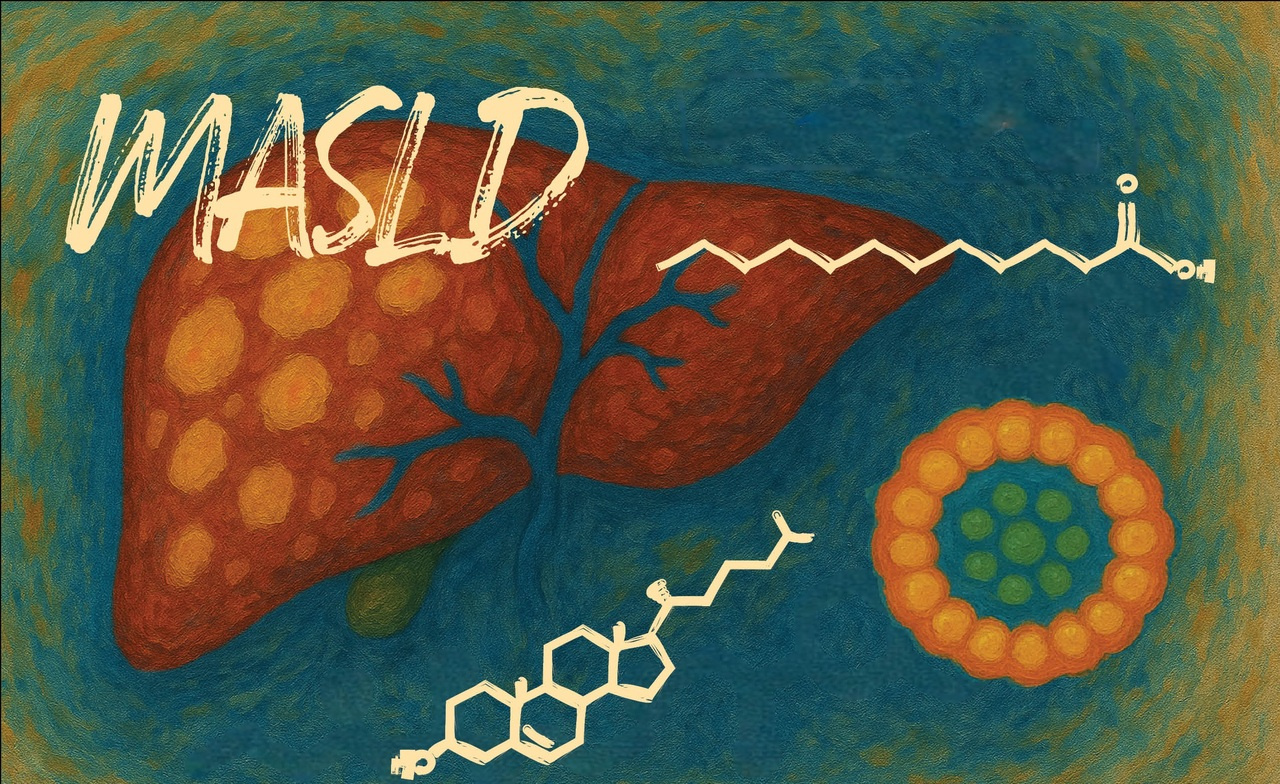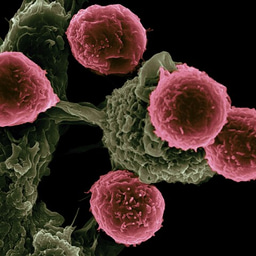MASLD: from novel liver model systems to organelle pathophysiology

The FEBS Advanced Lecture Course ‘MASLD: from novel liver model systems to organelle pathophysiology’ will take place in the island of Spetses, Greece, 3–8 September 2026. It is organised by Bernd Helms, Benedetta Artegiani, Delilah Hendriks, and Panu Luukkonen.
The liver plays a central role in metabolism. A disbalance in the synthesis, secretion, and uptake of lipids can cause MASLD (metabolic dysfunction-associated steatotic (fatty) liver disease). MASLD can lead to hepatic inflammation (MASH), fibrosis, cirrhosis, and hepatocellular carcinoma. The numbers are devastating: MASLD is already an epidemic with a worldwide prevalence of 30% (!) and is considered the most frequent cause of chronic liver disease and failure. About 20% of MASLD-affected individuals have MASH and again ~20% of this group will develop liver cirrhosis over the next 3-4 decades. With the increasing numbers of obesity worldwide, these numbers are expected to significantly rise even further. Preventive measures and drug development are urgently needed.
In the last years we have witnessed a surge of various new and promising model systems, representing key aspects of liver function and sometimes even liver structure. This bears great promise for the elucidation of molecular and cellular pathways involved in MASLD, ultimately allowing the identification of novel druggable key nodes.
This advanced course will bring together experts to explore the frontiers of five highly relevant and interconnected topics:
- Liver (patho)physiology: unknowns around liver metabolism and metabolic dysfunction, such as genetic backgrounds, metabolic zonation (hormones, morphogens, gender differences, circadian clock), and the regenerative capacity of the liver.
- Hepatocyte metabolism: the unusual lipid storage in large lipid droplets resulting in macrovesicular steatosis; the dysfunction related to mitochondrial function (fatty acid oxidation and oxidative stress leading to ferroptosis); and the disbalance between neutral lipid storage in lipid droplets and secretion in lipoproteins.
- Liver fibrosis: the roles and interactions of other cell lineages (‘cellular interactome’) within the hepatic fibrotic niche in the perpetuation of inflammation, mesenchymal cell activation, extracellular matrix accumulation, and fibrosis resolution.
- Hepatocellular carcinoma (HCC): unknowns in liver steatosis as a major risk factor for HCC; the mutational, biochemical, and histological tumor heterogeneity of driver mutations and the impact of other factors, such as diet.
- Novel model systems: adaptation of preclinical MASLD/MASH models to human conditions for clinical development; three-dimensional liver models based on spheroids, organoids, organ-an-a chip, 3D bioprinting, humanized mouse livers, and precision cut liver slices; recapitulating the tumour microenvironment in models to study HCC.
The course is for PhD students and early-career researchers, with lectures to teach and discuss the basics as well as the state-of-the-art. It is organized in an informal setting, held at the Anargyrios and Korgialenios School in the beautiful island of Spetses (Greece), with many sessions and activities scheduled to stimulate interactions between the participants and the speakers, from round table discussions and poster presentations to meet-the-expert-on-the-beach and diners in local restaurants with speakers in small groups.
Speakers
- Benedetta Artegiani, Princess Máxima Center for Pediatric Oncology, The Netherlands
- Bernd Helms, Utrecht University, The Netherlands
- Delilah Hendriks, Princess Máxima Center for Pediatric Oncology, The Netherlands
- Stephan Herzig, Helmholtz Munich, Germany
- Helen Hobbs, Howard Hughes Medical Institute; University of Texas Southwestern Medical Center, USA
- Leanne Hodson, University of Oxford, United Kingdom
- Ype de Jong, The Rockfeller University New York; Weill Cornell Medicine, USA
- Thomas Kietzmann, University of Oulu, Finland
- Sophie Lotersztajn, Université Paris-Cité, France
- Panu K. Luukkonen, University of Helsinki, Finland
- María Luz Martínez-Chantar, CIC bioGUNE-BRTA (Basque Research & Technology Alliance), Spain
- Espen Melum, Oslo University Hospital, Norway
- James Olzmann, University of California, Berkeley, USA
- Elena Palma, The Roger Williams Institute of Liver Studies, United Kingdom
- Charlotte Scott, VIB-UGent, Belgium
- Ludovic Vallier, Berlin Institute of Health, Charité - Universitätsmedizin Berlin, Germany
- Jessica-Zucman Rossi, PUPH Université Paris Cité-HEGP/AP-HP, France
More info & registration: Please visit the course website for registration details.
For more information about the FEBS Advanced Courses programme visit the FEBS website.
Top image provided by the course organizer.





Join the FEBS Network today
Joining the FEBS Network’s molecular life sciences community enables you to access special content on the site, present your profile, 'follow' contributors, 'comment' on and 'like' content, post your own content, and set up a tailored email digest for updates.